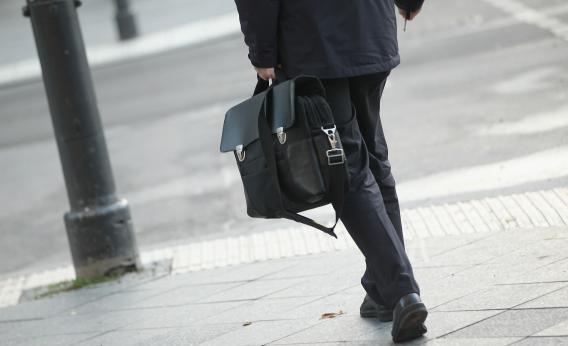A Florida law firm could teach venerable New York shop Dewey & LeBoeuf how to stay afloat. Ruden McClosky saved lawyers’ jobs and business by pulling off an unprecedented bankruptcy and merger. Dewey might try the same, assuming partner and client defections don’t swamp it first. But the maneuver is tricky, and Ruden’s experience provides useful lessons.
That’s true even though the firms could not be more different in some ways. At Ruden’s peak, it had a mere 200 lawyers and a dozen offices specializing in Florida real estate. Dewey boasts more than 1,000 lawyers, 26 offices and $780 million in revenue from a global practice.
A year ago, though, the Fort Lauderdale-based Ruden was in much the same boat as Dewey today. Partners were fleeing, offices were closing, revenue was plummeting and, after a leadership shake-up, a merger seemed in the offing. But Ruden’s soaring liabilities and dimming prospects scared off potential partners. So it decided to try something that a law firm had never done before: a prepackaged bankruptcy followed by a sale to another firm.
Ruden needed to find a willing buyer and then persuade lenders, partners and other creditors to settle their claims in advance of filing bankruptcy. But as a law firm, it also had to satisfy bar officials in multiple states that, among other things, moving files to another firm wouldn’t violate client confidences. Finally, a bankruptcy court needed to approve the settlement and sale of the firm, stripped of its liabilities.
Success meant Ruden would speed through bankruptcy, stave off potential creditors and keep its lawyers and clients, though under another firm’s name. The alternative would have been the implosion of the firm and years of costly wrangling. As it turns out, midsize Florida firm Greenspoon Marder bought Ruden in December for $7.8 million in cash and debt. Creditors got paid, and about 130 jobs were saved.
Dewey’s problems may be more complicated. As one big-law wag puts it, Ruden was playing checkers, while this is chess. But for any firm in trouble, a study of Ruden’s singular game could help avoid checkmate.
Read more at Reuters Breakingviews.
